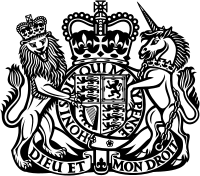
Photo from wikipedia
ABSTRACT Students of color in urban areas experience a multitude of intersecting oppressive structures that influence their behavior in schools. As a result, teachers in these schools often face distinct… Click to show full abstract
ABSTRACT Students of color in urban areas experience a multitude of intersecting oppressive structures that influence their behavior in schools. As a result, teachers in these schools often face distinct student behavior challenges to which they are often ill-equipped to respond. Colorblind approaches to student misbehavior, those that do not acknowledge students’ environments and cultures, are often punitive in nature and result in consequences that are not in students’ best interests. We propose, then, that preservice teachers who aim to teach in urban schools are required to consider contextual and cultural influences on student behavior as part of their teacher preparation coursework. Drawing upon existing scholarship, we propose a course framework that focuses exclusively on techniques that cultivate strong student-teacher relationships and academically supportive student behaviors. The framework consists of five thematic units: 1) trauma-informed and trauma-sensitive classrooms, 2) facing cultural conflicts, 3) culturally informed care, 4) culturally relevant/responsive classroom management, and 5) restorative discipline philosophy and practices.
Journal Title: Teaching Education
Year Published: 2019
Link to full text (if available)
Share on Social Media: Sign Up to like & get
recommendations!